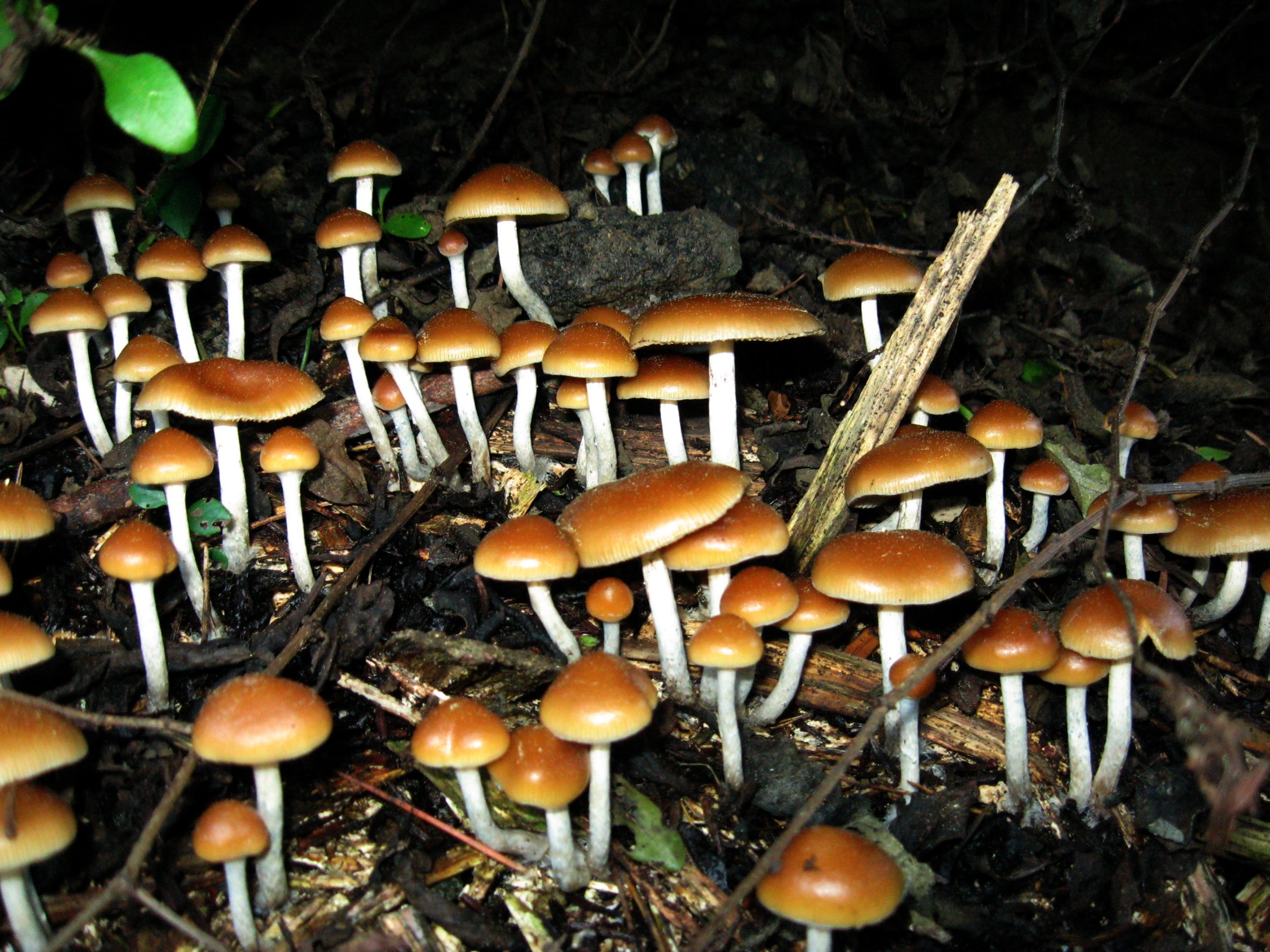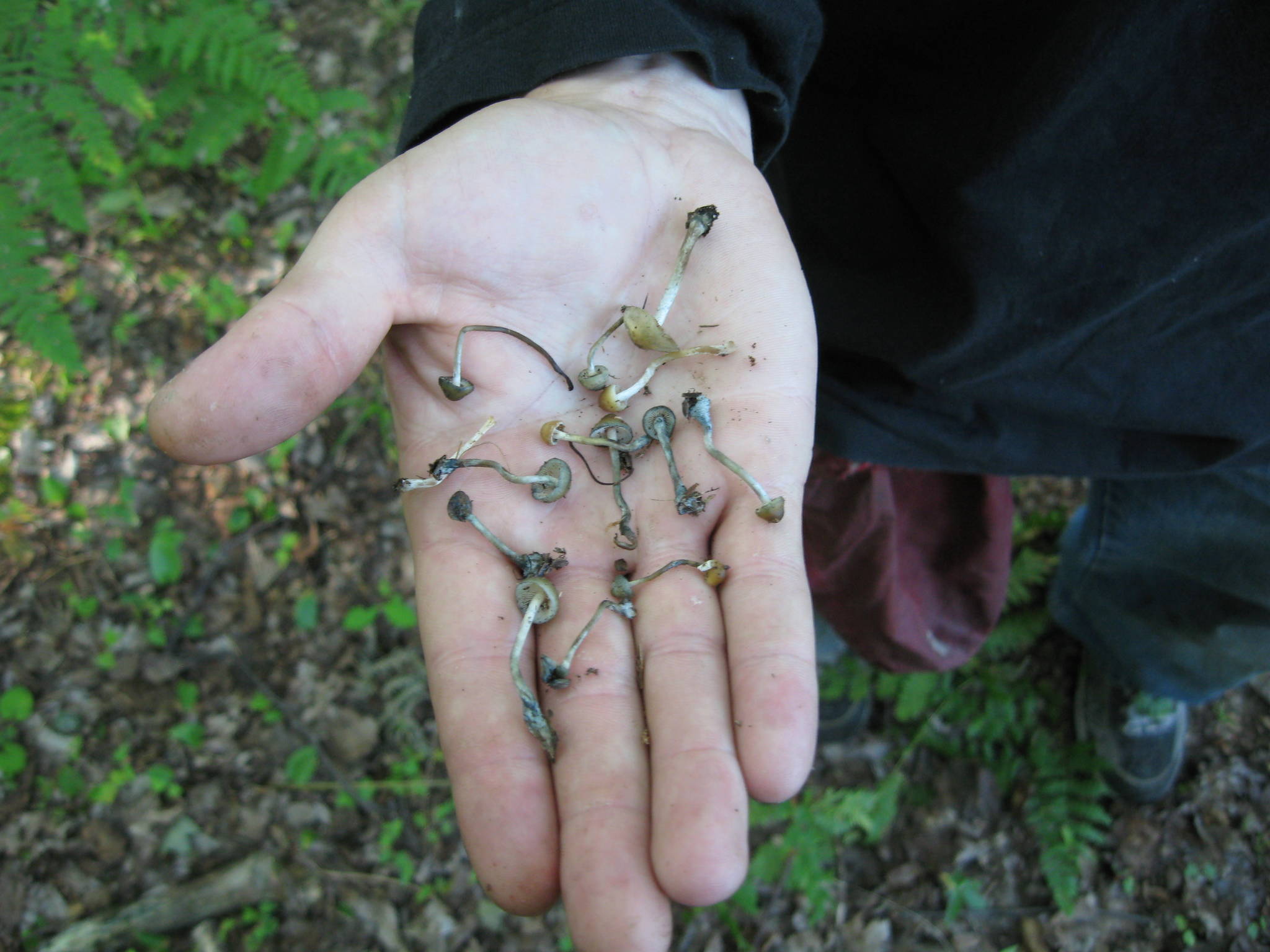Experts Are Hoping to Bring Medical Psychedelics in the Mainstream

By:
California voters may have the chance to vote on a measure that would legalize "magic" mushrooms next year. It's a long-shot—but activists backing the measure argue that access to the psychedelic could prove beneficial for people suffering from stubborn psychological issues.
 Wikimedia - wikimedia.org
Wikimedia - wikimedia.org
Findings about the therapeutic potential of psilocybin (the main ingredient in psychedelic mushrooms), LSD, ayahuasca, and other hallucinogens is compelling. There's clinical evidence that these drugs, which are strictly prohibited under federal law, could treat various psychological conditions that are resistant to traditional pharmaceuticals.
Because psychedelics are designated Schedule 1 drugs—the strictest category under federal law—access to the substances is limited and tightly regulated for researchers. But like marijuana, the primary obstacle when it comes to studying these drugs is funding. The traditional funding vehicle for medical research in the U.S. is the National Institutes of Health, which has shown little interest in investing in psychedelics research. So it remains up to the private sector to fund clinical trials that could uncover more about the medical potential of psychedelics.
Dr. Charles Grob, a professor of psychiatry and biobehavioral sciences at UCLA, has led numerous studies looking at possible medical applications of psychedelics. While he's skeptical about regulating sales of magic mushrooms similar to cannabis in legal states, he's hopeful there will come a day when trained clinicians will be able to administer psychedelics to patients suffering from problems ranging from obsessive compulsive disorder (OCD) to substance abuse.
ATTN: spoke to Grob about his thoughts about the future of psychedelics in medicine.
ATTN: What has accounted for society's resistance to embracing research into psychedelics?
Charles Grob: I think that society is doing a lot better in recent years. For the most part, our work and the work of our colleagues has been well-received and fairly examined. The atmosphere for this research is much better than it was decades ago, back in the 60s.
Back in the 60s, there was a great deal of cultural turmoil. Drugs like psilocybin and LSD were identified with the so-called counterculture, and it was a time of very active political strife and a lot of disharmony within society. Matters have improved a great deal, and I think it's possible now to step back and take an objective examination of the relative benefits versus the relative risks of psychedelic compounds—particularly when used in a treatment context.
Now I should qualify everything I'm saying is really in regards to its use in treatment as an approved treatment model—approved by the regulatory agencies like the [Food and Drug Administration] and [Institutional Review Boards] and administered by trained clinicians, psychiatrists, or clinical psychologists. I'm not necessarily talking about more out-of-control reckless use in a recreational context. I'm focusing on potential utilization as a treatment model.
ATTN: Do you see a day in the near future where psychiatrists will be empowered to integrate psychedelics into mainstream treatment?
CG: I don't think that you'll ever see a situation where any psychiatrist can treat with this compound. I think what you might see—what I would hope—would be that psychiatrists and psychologists and other mental health professionals can get credentialed to administer this treatment, probably as part of a treatment team.
ATTN: How far off are we until that day, in your estimation?
CG: There now needs to be a larger, multi-site trial [for psilocybin treatment]—which is called a phase three trial—where many different treatment research sites around the country are working together using the same protocol, the same criteria for entry, inclusion/exclusion, preparation, actual treatment, integration, and with the same measures used to quantify what the effect was.
 Wikimedia - wikimedia.org
Wikimedia - wikimedia.org
ATTN: What kind of barriers to research into psychedelics currently exist? Is it similar to cannabis with respect to its federal drug scheduling?
CG: Well, I think cannabis is more politicized, and it's certainly an interest mass quantities of the public are actively focused on. There's an enormous use of cannabis. Mushrooms is a far more modest level of use, and probably a more modest level of interest. I would say the barriers are just more along the lines of funding and for qualified researchers to invest their time and energy and their careers in this area.
For some time, there was the common perception that if you did research on psychedelics, it might harm your career. We have found over the last 15 years, 20 years, that that has not been a problem—that people who've embarked upon rigorous, FDA-approved research with psychedelics has been met with a very positive response from our colleagues. It has to be private funding, because the National Institutes of Health do not have an interest in looking at psychedelics at a treatment model, so it has to come from private sources, and you need a critical mass of capable, motivated investigators. That's what we're waiting on.
That being said, in recent years, there has been more funding that has been donated and more particularly young, capable investigators are stepping up and saying this is an area they'd like to get involved with.
ATTN: Is there any specific psychedelic drug that you've been most captivated by?
CG: Well, we did some of the first research of ayahuasca in the Brazilian Amazon, and I've always found that a fascinating area of study. I think it's got great untapped potential—and it's never been actively investigated in the United States. The ayahuasca research to date that we can look at has either been conducted in South America, like our study, or there's one lab in Barcelona, Spain, that's been quite productive as well. Otherwise, ayahuasca is, I think, a compound with great potential use as a treatment, particularly, let's say, for intractable substance abuse, or alcohol abuse—areas of great societal concern for which mainstream medicine still comes up short in regards to implementing effective treatment. So I think ayahuasca, as well as psilocybin, hold a great deal of potential.
 Wikimedia - wikimedia.org
Wikimedia - wikimedia.org
ATTN: What types of groups of patients stand to benefit the most from psychedelic treatment?
CG: The way I'd boil it down is patient populations that have proved to be treatment-resistant to conventional treatment. Some of the chronic PTSD cases. Another area is severe obsessive compulsive disorder—an area that's notoriously difficult to treat within mainstream psychiatry. Another very, very difficult area to treat, which has severe potential risk for devastating injury and harm, would be eating disorders. Anorexia nervosa—a very, very challenging condition to treat. No one has ever looked at the use of a psychedelic treatment model for anorexia, but there's no reason that it shouldn't be one. Beyond that, there's your garden variety depression and anxiety that hasn't responded to conventional treatment. Keep in mind that conventional psychotropic medications, let's say for depression, only yields about a 50 percent response rate. So what about the other 50 percent? That's a big, big population that deserves something better.
You know, there's been a lot of interest recently in ketamine. It's a dissociative anesthetic—there's a lot of excitement about it because it may ameliorate severe depression. The problem with ketamine is that it's therapeutic effects seem to only last for a week or two. The added benefit of working with one of the classic psychedelics like psilocybin would be you often observe a sustained improvement in mood that can go for weeks or even months. I'm far more enthusiastic about the therapeutic potential of psilocybin than, let's say, ketamine.
